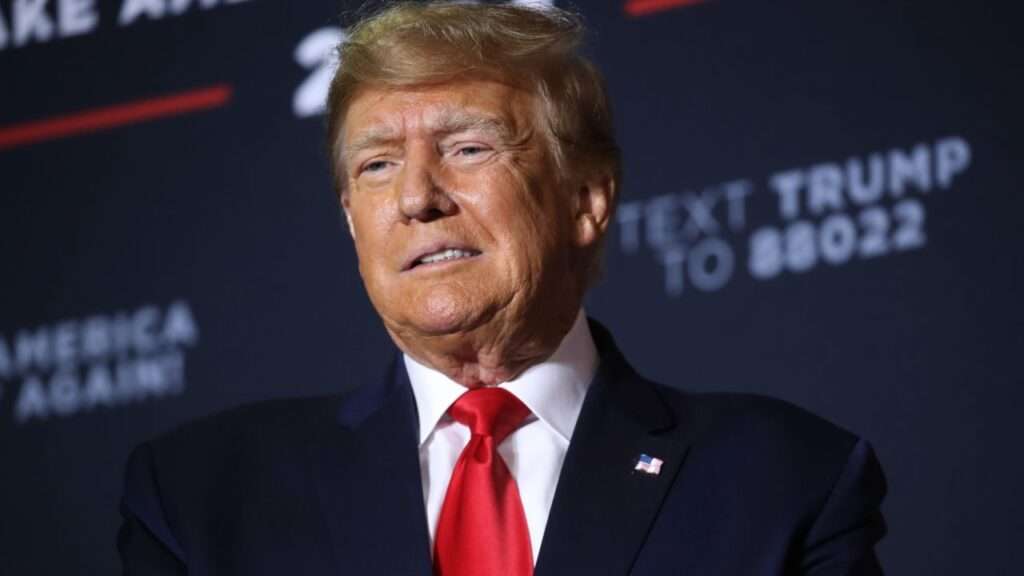In a controversial move that has reignited debate over immigration and national security, former U.S. President Donald Trump has announced plans to reinstate and expand a travel ban affecting 12 countries if re-elected in the 2024 U.S. presidential election. Trump stated that the measure is necessary to protect the United States from “foreign terrorists,” drawing strong reactions from political opponents, civil rights groups, and international leaders.
The proposed travel ban is an extension of Trump’s 2017 executive order, which initially barred entry from several Muslim-majority nations. At a campaign rally in Arizona, Trump claimed the new list of countries includes several that “harbor terrorists or lack proper vetting systems,” though he did not name all 12 nations explicitly. However, sources close to the campaign indicated that the list includes Afghanistan, Syria, Yemen, Iran, Iraq, Somalia, Libya, Nigeria, Sudan, and a few others in the Middle East and Africa.
“This is about safety. We are not going to let people into our country who pose a threat to our citizens,” Trump declared. He emphasized that the travel restrictions would be temporary and reviewed periodically based on security assessments and diplomatic cooperation.
Criticism and Legal Concerns
Civil rights organizations have condemned the announcement, calling it discriminatory and unconstitutional. The American Civil Liberties Union (ACLU) issued a statement labeling the ban as “an attempt to revive xenophobic policies that damage America’s global image and hurt families.” Critics argue that such sweeping restrictions target people based on nationality or religion rather than individualized threats, which could violate U.S. constitutional protections.
Democratic leaders also voiced strong opposition. President Joe Biden’s campaign denounced the proposal as “fearmongering” and a distraction from pressing domestic issues. “America is made stronger by its diversity, not by banning people based on where they come from,” said a spokesperson for the Biden campaign.
Global Reactions and Diplomatic Impact
The announcement has prompted concern among several international allies. Diplomats from affected regions have warned that the ban could strain U.S. relations with key partners in counterterrorism and economic cooperation. Some have also questioned the effectiveness of blanket bans in combating extremism, emphasizing the importance of intelligence-sharing and targeted security measures.
While Trump’s base widely supports the measure, seeing it as a firm stance on border control and national safety, experts argue that such policies may have unintended consequences, including fueling anti-American sentiment abroad and impacting visa programs for students, workers, and families.
Conclusion:
As the 2024 presidential race intensifies, Donald Trump’s proposed travel ban is shaping up to be a central issue, reflecting the broader debate over immigration, national security, and civil liberties. With both supporters and critics digging in their heels, the coming months are likely to see increased scrutiny of Trump’s immigration agenda and its implications for U.S. foreign policy and human rights.



